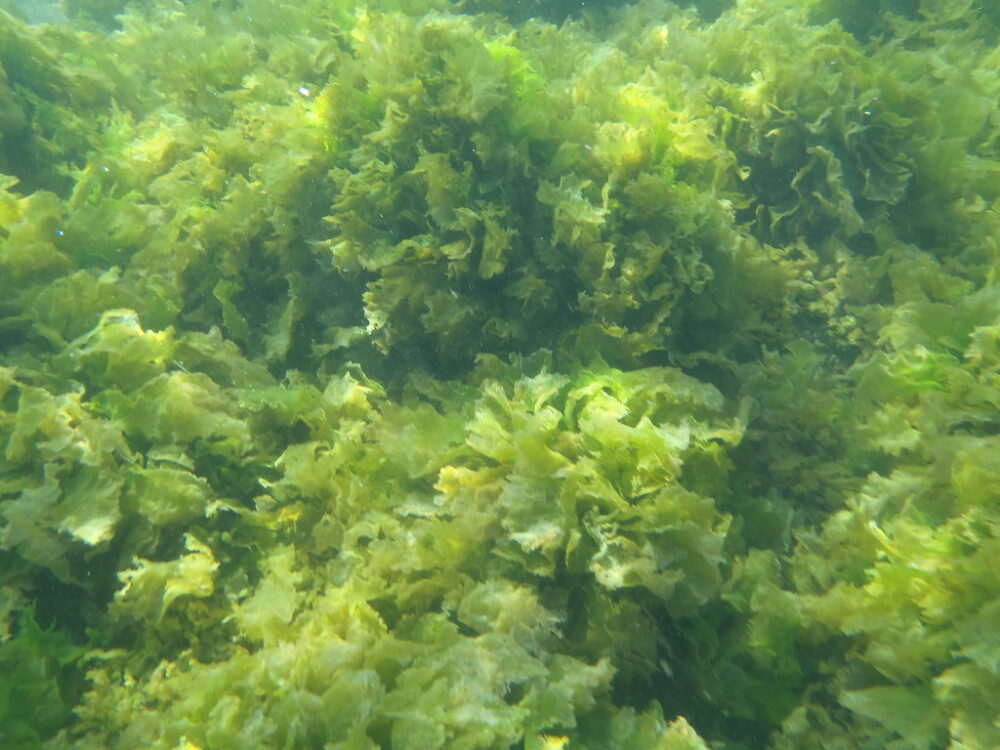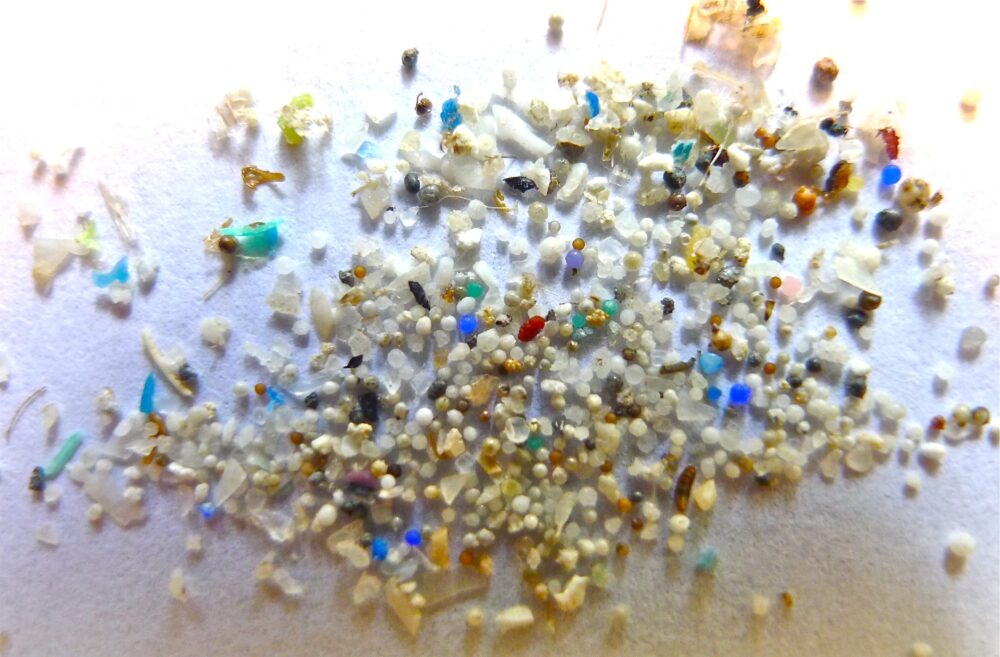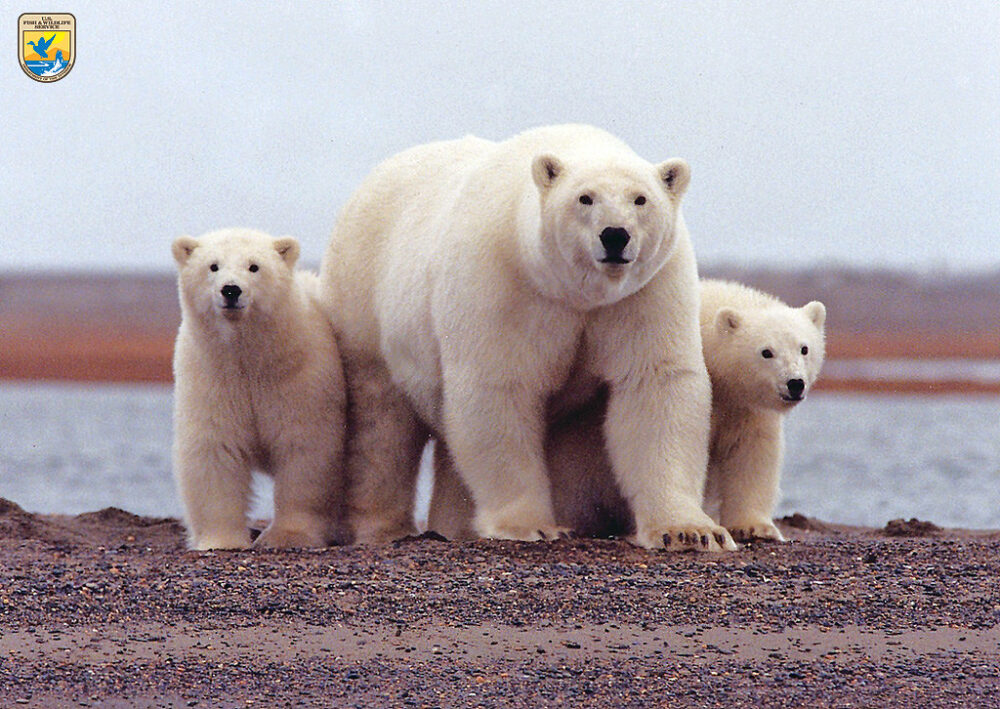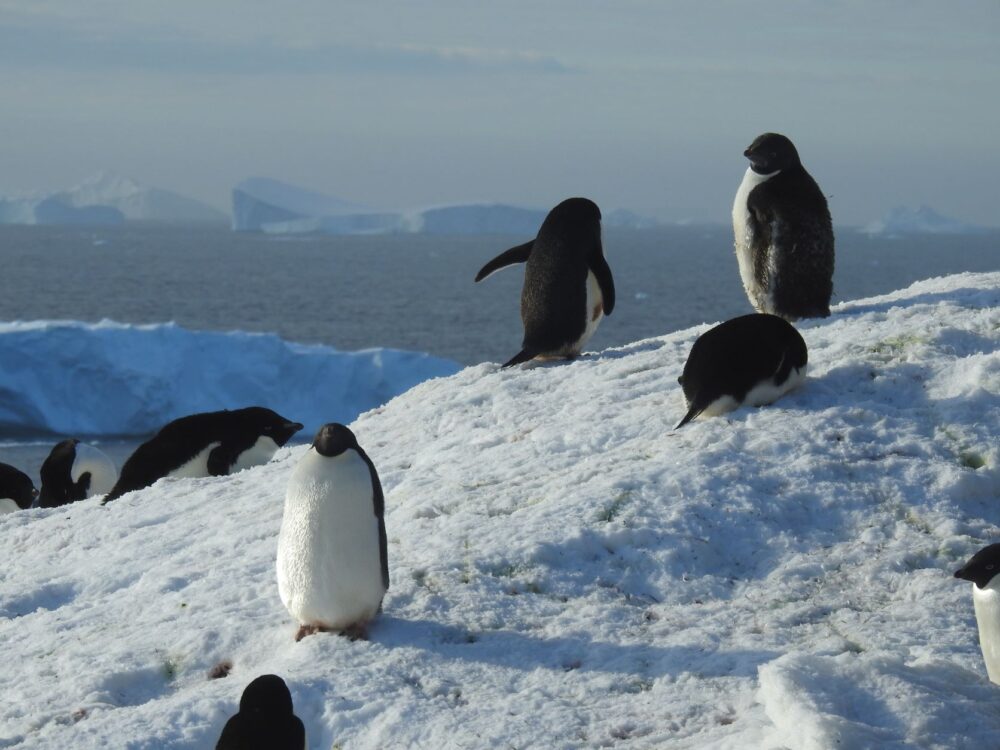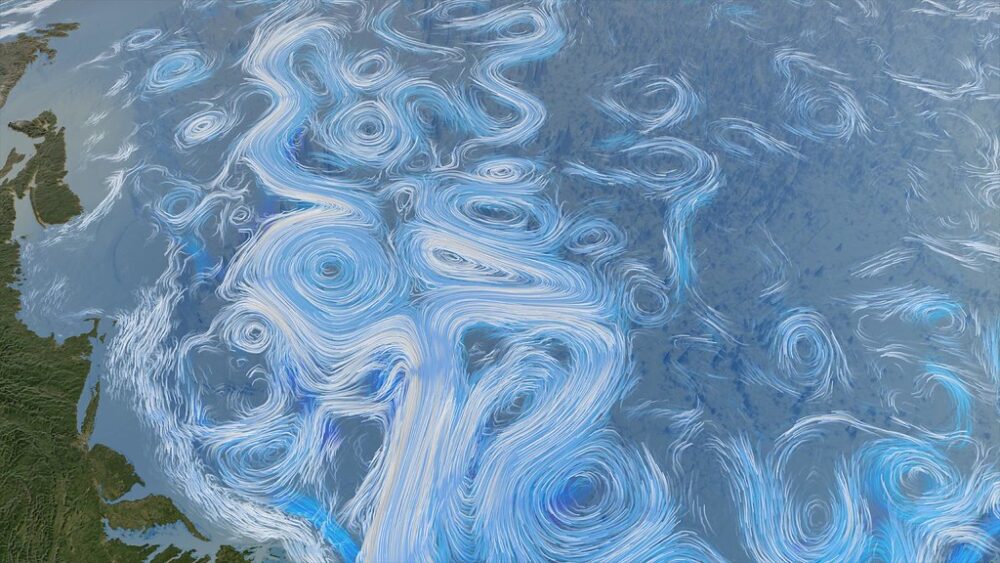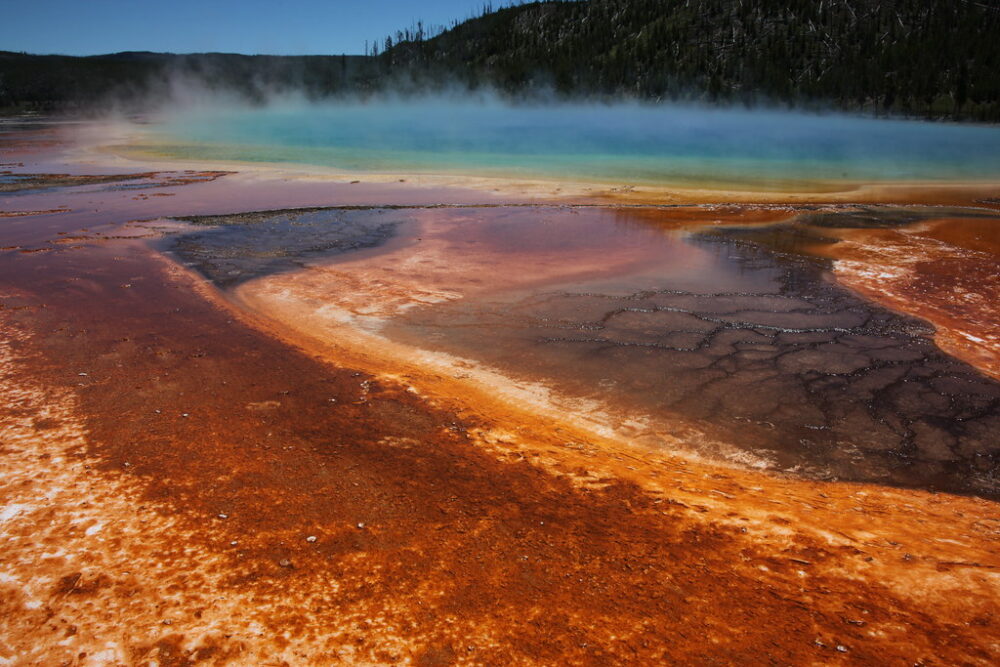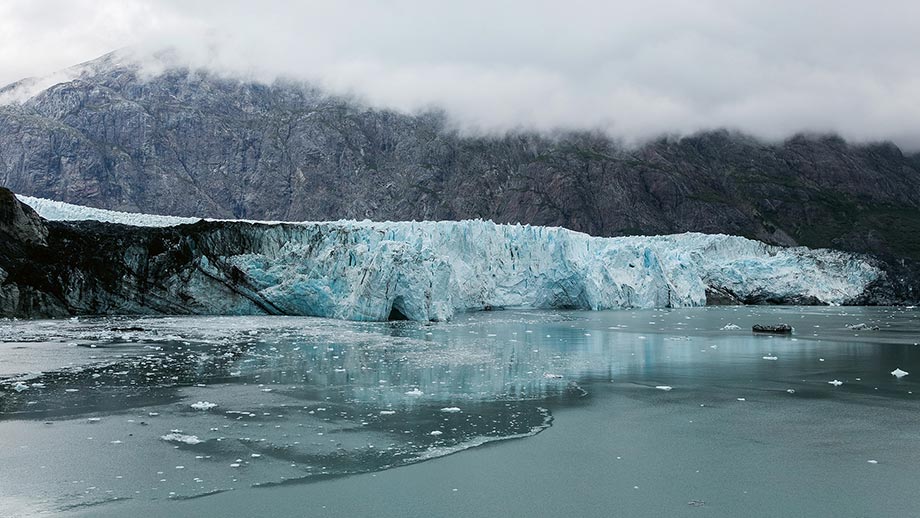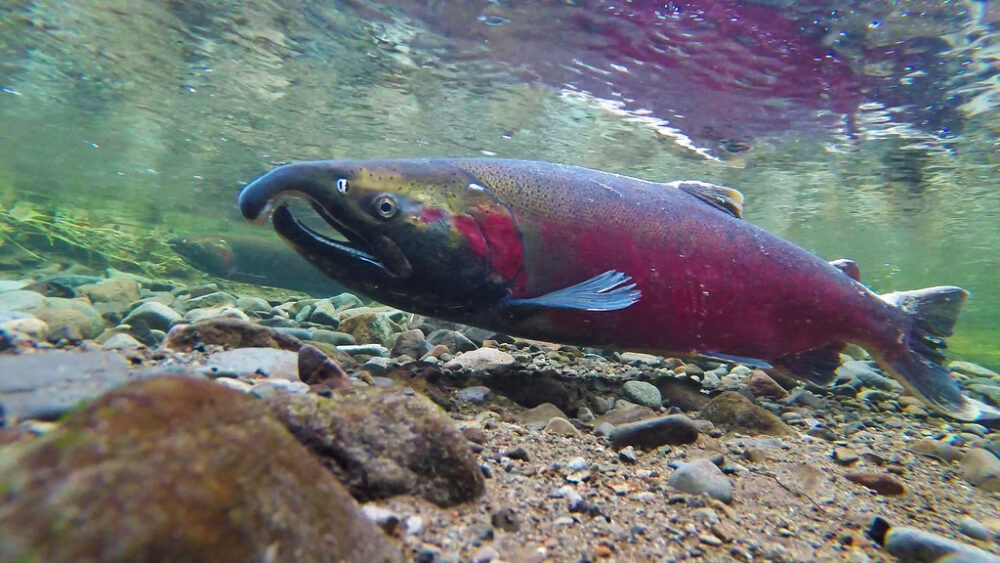How we can avoid polarization in conversations around climate solutions
In the scientific community, the consensus on human-caused global warming is almost universal — a recent study from Environmental Research Letters found that more than 99 percent of peer-reviewed papers agreed that humans are causing global warming and climate change. However, among Americans, the belief in anthropogenic climate change is not nearly as strong, with […]
How we can avoid polarization in conversations around climate solutions Read More »

